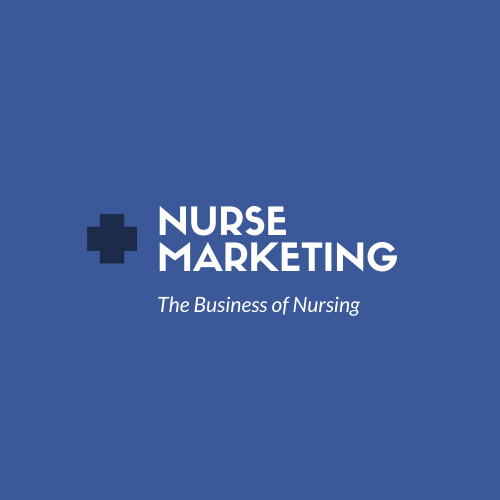What is your company name?
What problem does your company solve?
There are more than 300,000 victims in the U.S. that experience a sudden cardiac arrest annually and less than half of those survive due to not receiving CPR in a timely manner. Reliant Health Career Center is a healthcare training center focused on training individuals how to increase the survival rates of sudden cardiac arrest victims through CPR skills.
When did you first see this problem as one that needed to be solved?
Through working in the nursing field and seeing first-hand the damage of patients coming in to the hospital that did not survive or suffering the irreversible damages from not receiving CPR in time.
Did the problem ever seem like it was bigger than you?
This problem is definitely a big problem that one individual cannot solve alone. Through training others to learn to save lives, the process to decrease the problem begins.
What makes YOU stand out from others who may solve similar problems?
Reliant Health Career trains individuals in CPR skills as well as offers coaching/consulting to individuals who are instructors desiring to start their CPR business. The mission is to decrease the number of deaths from sudden cardiac arrest by training and encouraging other instructors to grow in assisting with this mission.
What, if any, concerns are there related to nurses NOT knowing about non-traditional roles?
Nursing is such a vast career of opportunities that individuals can tap into. Not everyone is suited to work in the traditional role or clinical setting. Nurses are unique and talented. It is important to find your niche in order to be productive and fulfilled with your career choice. Not knowing these options can lead to burnout and poor care for the people you serve.
Some say, "It's not what you know, it's about who you know." In terms of developing business relationships, do you agree with that statement? Please explain your rationale.
I believe that both statements are true to an extent. The world of business relies a lot on relationships and networking. It is also important to have the knowledge to do business whether it is obtained through additional certifications or investing in coaching/mentorship.
Tell us about your transition. What was the process of moving away from the clinical role into a business role? What mindset shifts, if any, did you need to make?
Working in a clinical role of nursing over 15 years became very stressful. I had many challenges that happened from ending a bad marriage, trying to further my nursing degree and being a single mother. I wanted to have freedom to spend time with my kids and also financial freedom. I wanted to start a business and was fearful for several years. Once I started, the fearful mindset shifted to not having enough confidence to really see myself as a true entrepreneur making money. I began to do research and joined a lot of social media groups geared toward business and decided to invest in coaching. The investment was worth it, and I have a totally different mindset about my business and I'm now coaching others.
What has been the hardest thing in starting in your specific type of business or job role?
The hardest thing has been at first finding ways to market.
What has been the most rewarding thing about being in your business or job role?
The most rewarding is the impact on helping save lives and the financial/time freedom.
What would you say are the five important resources (books, conferences associations) for a nurse who wants explore business?
I would say nurse associations that are geared toward your niche, books by Les Brown, nurse entrepreneur groups, professional nurse conferences.
Let's talk legal stuff. Many nurses are afraid of this part of business. How did you address this concern in your business? What worked for you?
With any business, whether healthcare or not, there are legal risks. I did my research and put in place the insurances necessary to protect from such liabilities as well as conducting business in an ethical and safe manner.
Who supported you during this transition? Did you have paid mentorship or coaching? If so, what made you make that investment in paid support?
Yes, I made the decision to invest in coaching. It was important for me because I was able to get the help I needed from a coach who had the experience of where I was to help push me in the right direction.
What would you like others to know about what you do?
Charlotte Trayvick is an RN with a BSN degree from University of Alabama Huntsville. Her experience in nursing, spanning over 15 year,s has now landed her in the nurse entrepreneurial world. She is the CEO and owner of Reliant Health Career Center where she is a Premier CPR instructor training in BLS, ACLS and first aid. Along with training she also is a CPR business strategist, coaching startup CPR businesses as well as mentoring CPR established businesses grow and earn multiple streams of income.
Is there anything else you would like readers to know?
Taking action toward starting your business one step at a time is important at the beginning.
Charlotte Trayvick
Website + Social Media Handles :
www.relianthealthcareer.com
Facebook:Reliant Healthcareer Instagram:
Reliant Health Career Center
Marketing is an ongoing component to the livelihood of any business. Conversation in marketing terms should vary according to your target audience through researching what works best.


